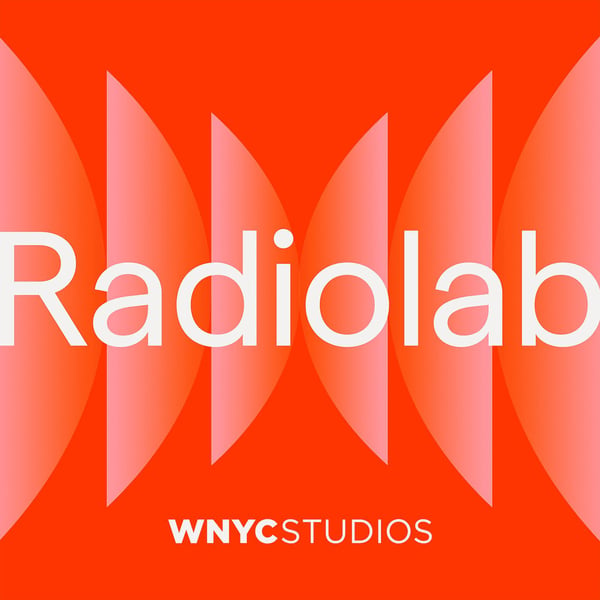Enemy of Mankind
Radiolab
WNYC Studios
4.6 • 43.5K Ratings
🗓️ 10 December 2020
⏱️ 57 minutes
🧾️ Download transcript
Summary
Should the U.S. Supreme Court be the court of the world? In the 18th century, two feuding Frenchmen inspired a one-sentence law that helped launch American human rights litigation into the 20th century. The Alien Tort Statute allowed a Paraguayan woman to find justice for a terrible crime committed in her homeland. But as America reached further and further out into the world, the court was forced to confront the contradictions in our country’s ideology: sympathy vs. sovereignty. Earlier this month, the Supreme Court heard arguments in Jesner v. Arab Bank, a case that could reshape the way America responds to human rights abuses abroad. Does the A.T.S. secure human rights or is it a dangerous overreach?
Additional music for this episode by Nicolas Carter.
Special thanks to William J. Aceves, William Baude, Diego Calles, Alana Casanova-Burgess, William Dodge, Susan Farbstein, Jeffery Fisher, Joanne Freeman, Julian Ku, Nicholas Rosenkranz, Susan Simpson, Emily Vinson, Benjamin Wittes and Jamison York. Ken Saro-Wiwa Jr., who appears in this episode, passed away in October 2016.
Supreme Court archival audio comes from Oyez®, a free law project in collaboration with the Legal Information Institute at Cornell.
Support Radiolab by becoming a member today at Radiolab.org/donate.
Transcript
Click on a timestamp to play from that location
| 0:00.0 | Wait, you're listening to radio lab from WNYC. |
| 0:19.4 | This is radio lab, I'm Jack Ebb and Rod. |
| 0:21.4 | Okay, so, Supreme Court has a lot on their plate right now and a lot of Supreme Court news |
| 0:28.1 | is common at us. |
| 0:30.0 | Maybe one thing that you might have missed is that last week the Supreme Court heard a case |
| 0:35.1 | that asked kind of an interesting and weird question. |
| 0:39.8 | Whether or not the American corporations Nestle, USA, and Cargill are responsible for human |
| 0:46.9 | rights violations overseas. |
| 0:50.2 | The case was brought by six African men who alleged that they were child slaves on farms |
| 0:55.0 | that supplied cocoa to these companies. |
| 0:58.7 | Should Nestle and Cargill be responsible for that? |
| 1:01.4 | So, that was the question. |
| 1:03.1 | And a couple of years ago on our spin-off series about the Supreme Court, more perfect, |
| 1:06.9 | we actually reported on, well, there's the whole cluster of these cases that all poke |
| 1:11.6 | at this question. |
| 1:12.6 | Should US companies be responsible for human rights violations that happen in other places |
| 1:19.2 | that are not the US? |
| 1:20.2 | It's kind of a fascinating question with some fascinating wormholes attached. |
| 1:25.9 | So, today we're going to revisit that more perfect episode to shed some light on the |
| 1:30.3 | case that Supreme Court is, it could be deciding this term. |
| 1:35.2 | The story comes from a more perfect season two. |
| 1:37.9 | We're just going to drop right into it. |
... |
Please login to see the full transcript.
Disclaimer: The podcast and artwork embedded on this page are from WNYC Studios, and are the property of its owner and not affiliated with or endorsed by Tapesearch.
Generated transcripts are the property of WNYC Studios and are distributed freely under the Fair Use doctrine. Transcripts generated by Tapesearch are not guaranteed to be accurate.
Copyright © Tapesearch 2025.

